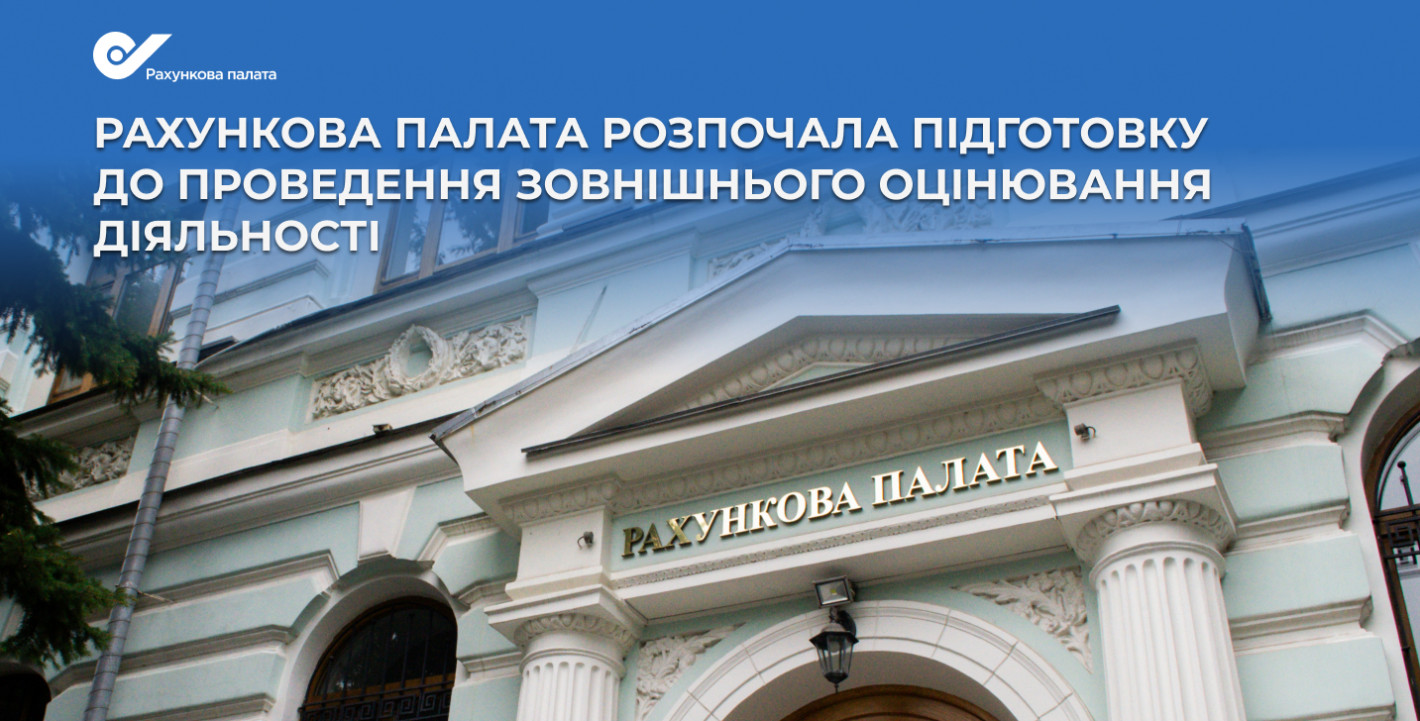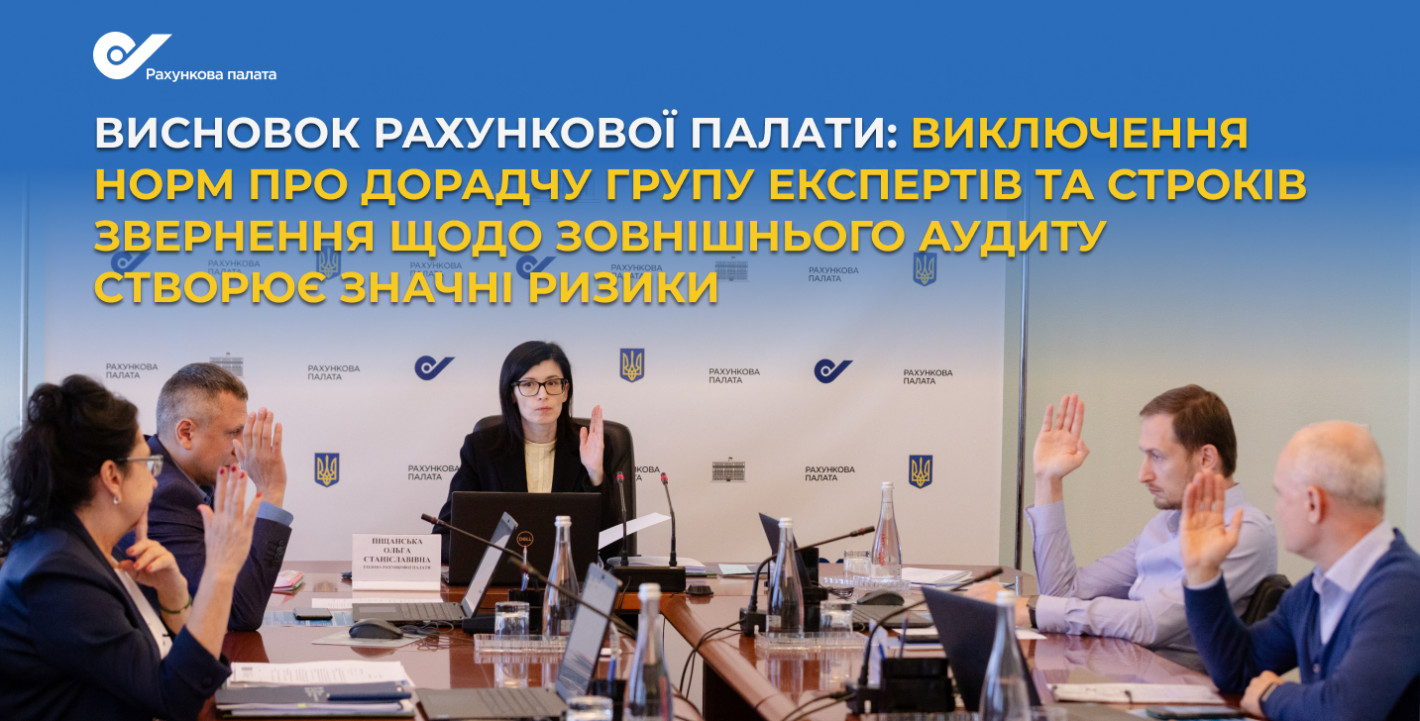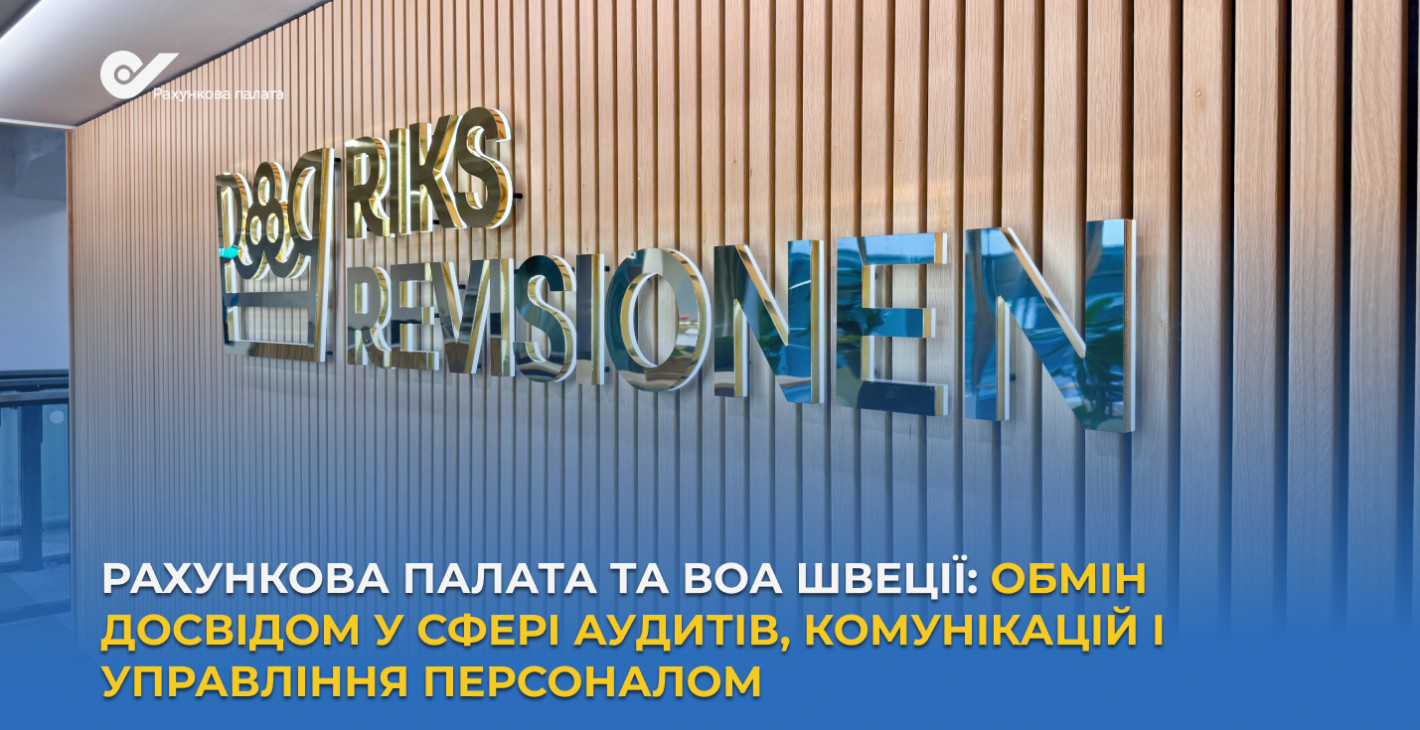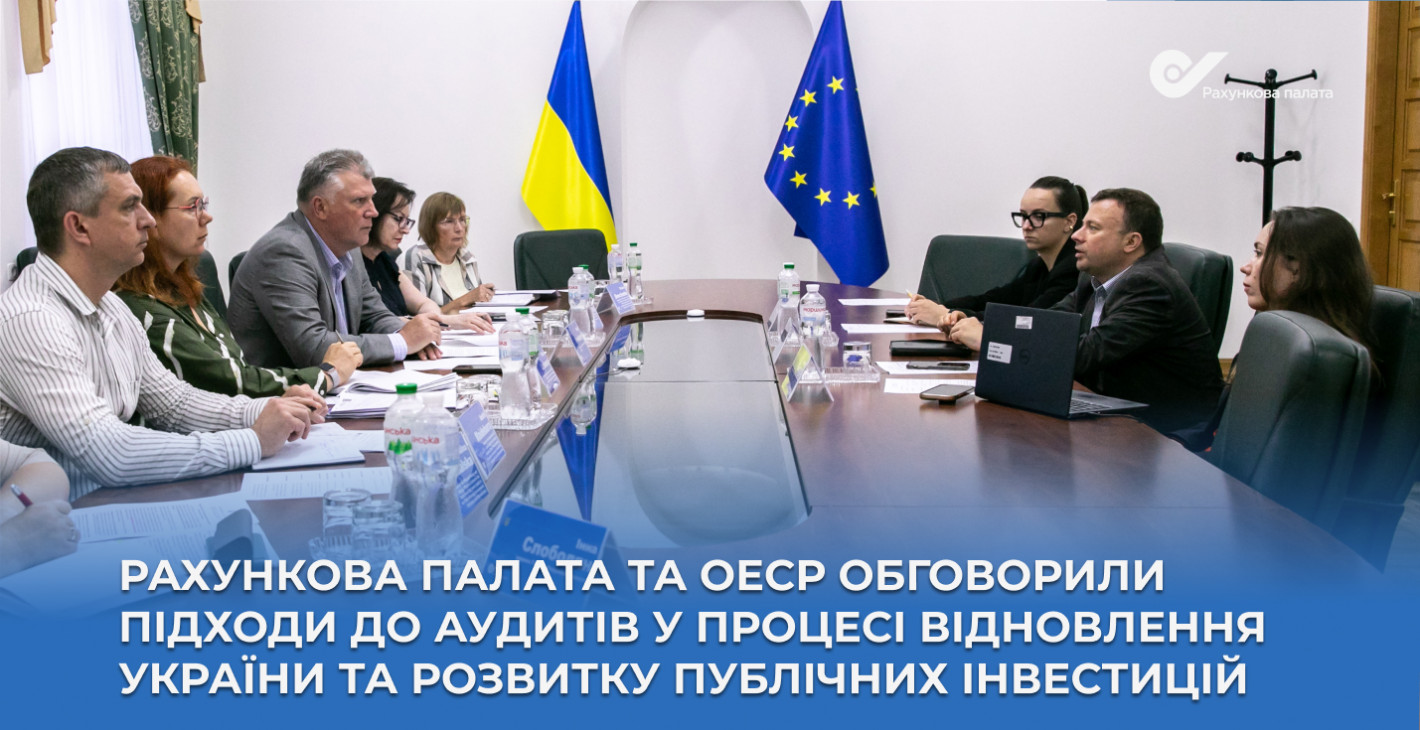Ways to strengthen the independence of the Accounting Chamber and its potential in wartime conditions, its role in the anti-corruption system, guarantees of the integrity of leadership and auditors, cooperation with other authorities, the effect of the application of new audit methodologies and the increase of indicators regarding the consideration of recommendations were discussed on July 8, at a meeting of the institution’s management with analysts of the Public Governance Directorate of the Organization for Economic Cooperation and Development (OECD).
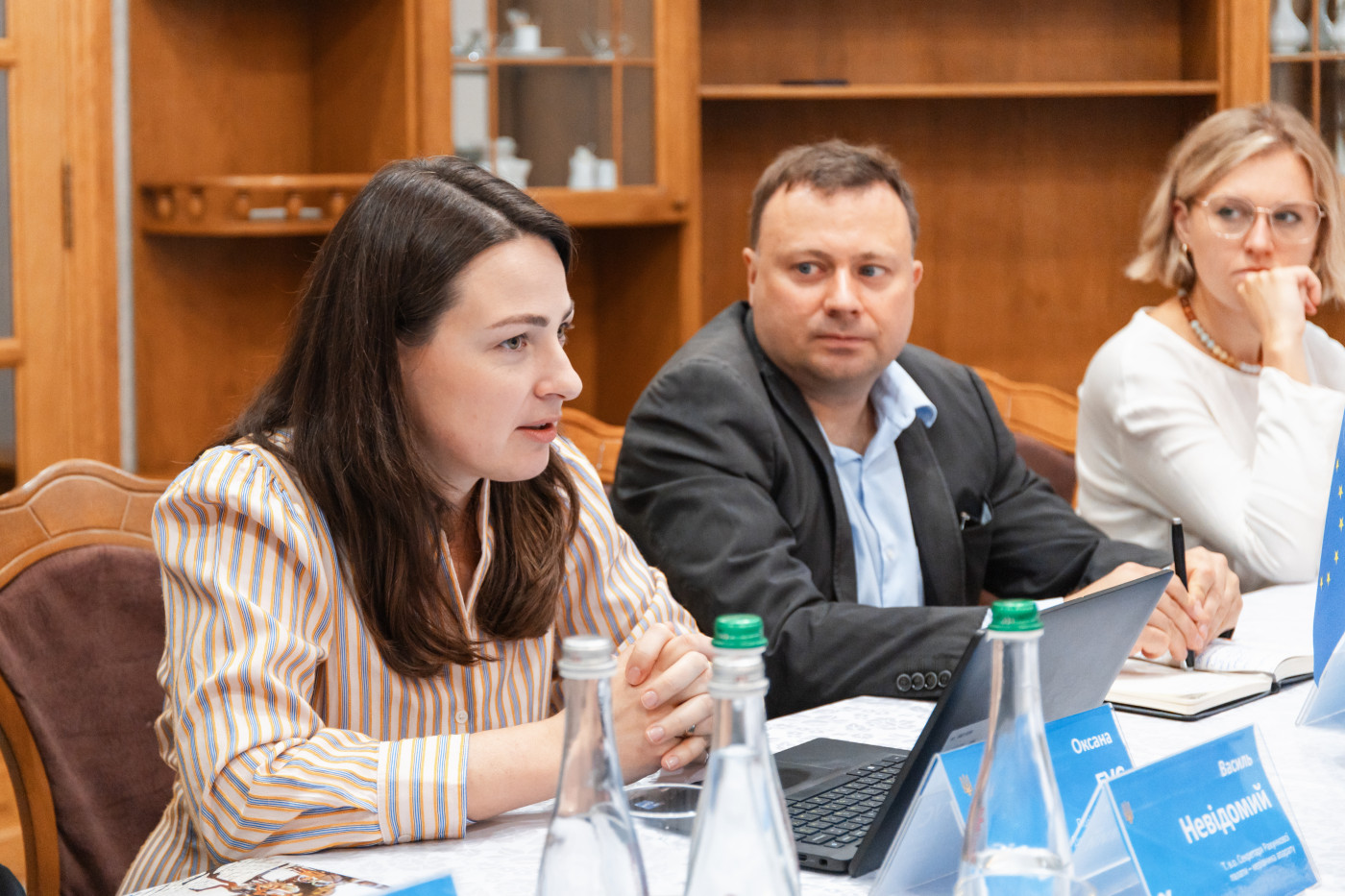
Foreign experts are currently conducting fact-finding in preparation for the Anti-Corruption Review of Ukraine under the Action Plan for the implementation of the OECD Country Programme for Ukraine. The purpose of the dialogue is to prepare for Ukraine’s joining the organization.
The Accounting Chamber was represented at the meeting by the Chairwoman of the Accounting Chamber Оlha Pishchanska, Acting Secretary of the Accounting Chamber – Chief Administrative Officer Vasyl Nevidomyi, Advisor to the Chairwoman of the Accounting Chamber Dmytro Storozhuk. From the side of foreign partners Acting Head of OECD Office in Ukraine Мichal Falenchik, OECD Policy Analysts Oksana Huss, Kateryna Penkova and Marta Sydoriak, took part in the meeting.
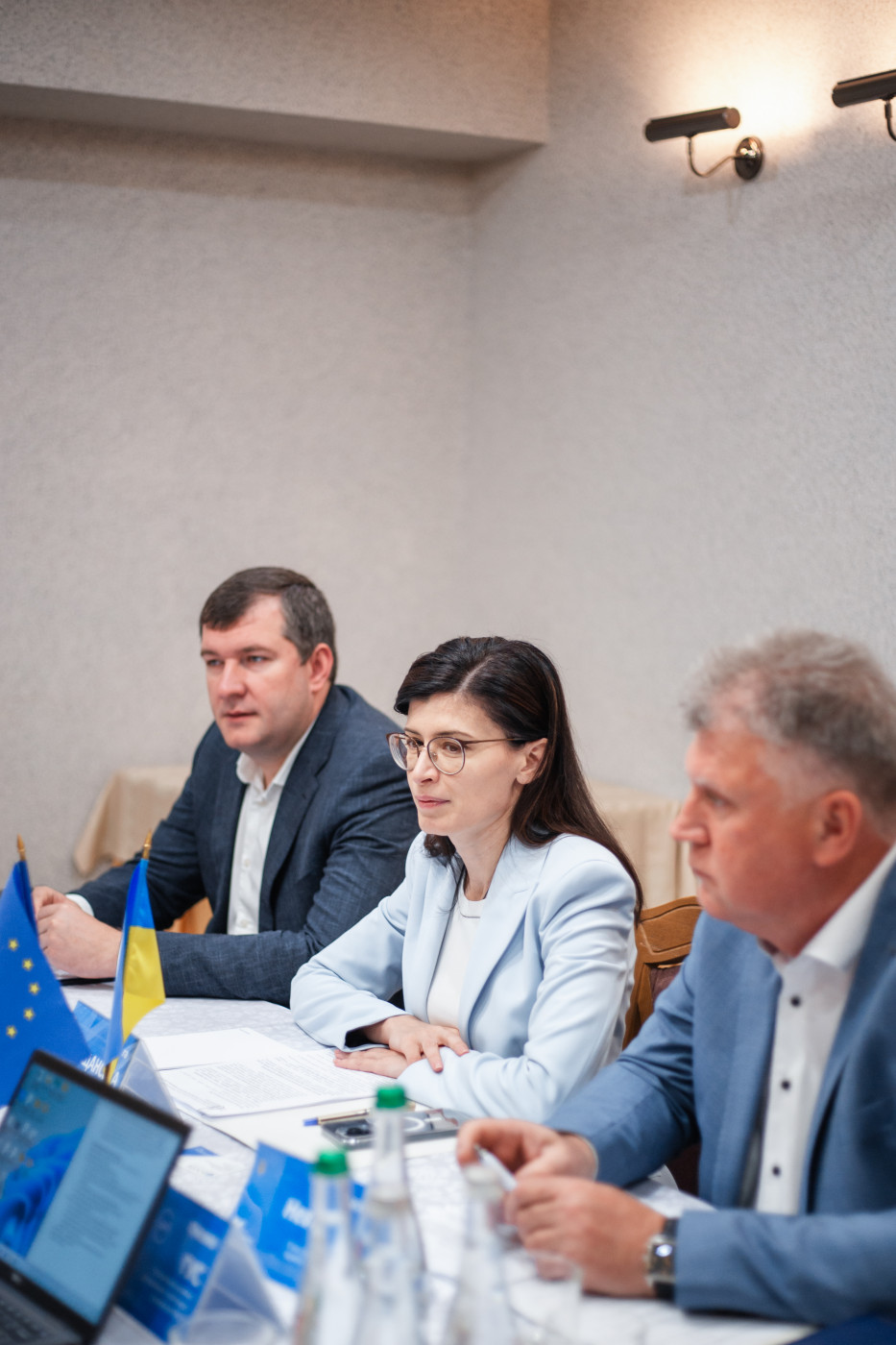
At the beginning of the meeting, Мichal Falenchik reminded that the OECD Program is designed for four years and is based on three main components: verification of sectoral policies, their institutional capacity and anti-corruption activities. So, during the meeting, the parties discussed the main aspects related to these issues.
In particular, the Head of the Accounting Chamber, Olha Pishchanska, noted that in the context of the institution’s independence, the issues of its financing and the status of auditors are the most acute. Since the Accounting Chamber conducts audits in institutions, whose powers include these issues. At the same time, she emphasized that the institution has recently taken a number of important steps to ensure integrity.

“All employees adhere to the Code of Ethics of the Accounting Chamber. An Ethics Committee was established, which monitors compliance with ethical behavior during professional activities in the Accounting Chamber, at control facilities and outside the Accounting Chamber by all employees, including management. A comprehensive quality management system has also been implemented in the Accounting Chamber. After all, the quality of our work affects the reputation of the institution and the level of trust of the society and partners in the results of audits and in the state as a whole,” said Olha Pishchanska.
Regarding cooperation with other bodies, the Chairwoman of the Accounting Chamber noted the intensification of relations with the Verkhovna Rada of Ukraine, in particular, in the context of increasing the number of reports considered by specialized committees and subcommittees.
“Previously, the rate of consideration of reports and recommendations of the Accounting Chamber was low. This year, almost all reports that the institution sent to the parliament were heard. Accordingly, we set ourselves the goal, in particular, thanks to the attention of people’s deputies, to increase the level of implementation of our recommendations. After all, according to our analysis, over the past few years, about 64% of the recommendations of the Accounting Chamber have been implemented. These indicators are similar to the results of the work of supreme audit institutions of the world. But in case of long-term systematic non-fulfillment of recommendations that are fundamental to us, we will turn to the Cabinet of Ministers,” said Olha Pishchanska.
Regarding the cooperation of the Accounting Chamber and law enforcement agencies, Olha Pishchanska emphasized that from 2024, the Accounting Chamber began to monitor and analyze in detail the results of criminal cases initiated on the basis of materials provided by the institution. At the same time, the Advisor to the Chairman of the Accounting Chamber, Dmytro Storozhuk, drew attention to certain difficult points of these relationships.
“Of course, we are as open as possible for such cooperation. However, our auditors sometimes act as experts or witnesses in criminal proceedings. A lot of time and effort is spent on this, which is not directly related to the performance of their official duties,” said Dmytro Storozhuk.
In turn, Vasyl Nevidomyi told foreign experts about the practical experience and specifics of the institution’s audits, in particular, audits of consolidated financial statements, about the development of criteria for assessing the impact of the implementation of the recommendations of the Accounting Chamber, the importance of auditors clearly defining the topic of the control measure, etc.

As a result, the parties agreed to maintain a regular dialogue on the specified topic and exchange additional information.
For reference: OECD is an international organization with 38 member countries. 70 countries have the status of OECD partners. In terms of influence, the OECD is one of the three leading global economic institutions, along with the IMF and the World Bank.
At the end of September 2022, the OECD Council adopted a decision to recognize Ukraine as a potential member of the OECD and started a dialogue on accession. On February 12, 2022, an updated Agreement was signed between the Government of Ukraine and the Organization for Economic Cooperation and Development regarding the privileges, immunities and benefits granted to the Organization and its office in Ukraine. The OECD office started its work in Kyiv on March 1, 2023 on the basis of the Embassy of the Slovak Republic in Ukraine.
As part of the initial dialogue on accession, a separate OECD Program for Ukraine was developed and agreed upon. The program defines the time frame and focuses on the National Recovery and Development Plan of Ukraine and other important aspects that will be considered in the context of the initial dialogue on accession.



